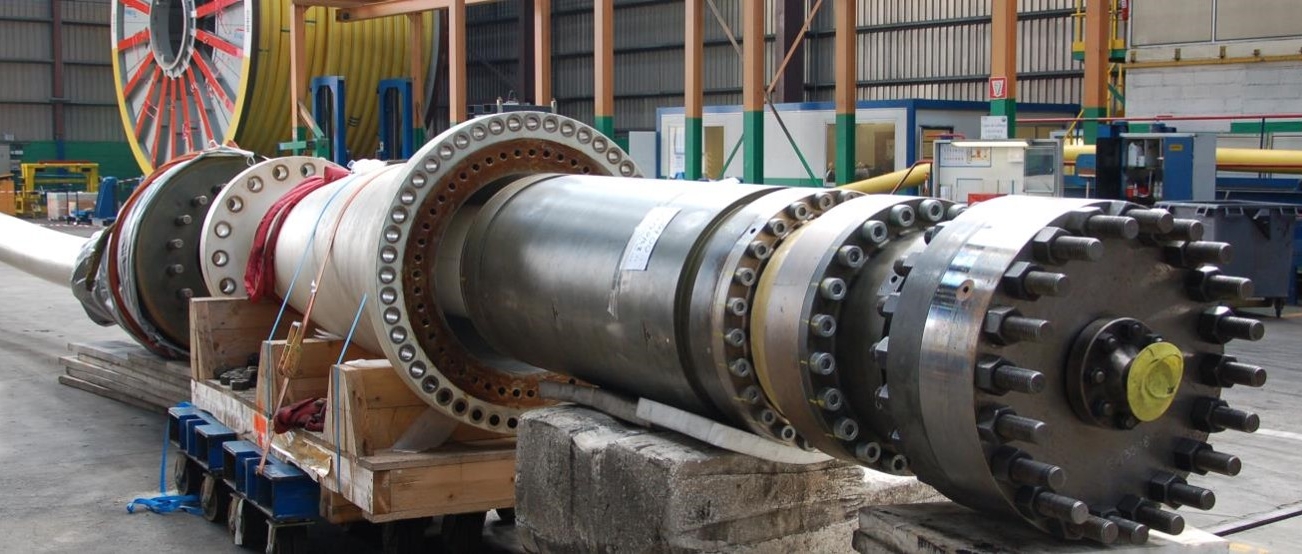Flexi France, a subsidiary of the TechnipFMC group located in Le Trait, Seine-Maritime, is the world leader of flexible pipeline for offshore oil and gas extraction. These tailor-made pipes are designed and manufactured on Le Trait site. The end fittings of the flexible pipes are especially sensitive components and must be able to connect to the well heads via standardised API (American Petroleum Institute) or other flanges. “End fittings must feature all the layers comprising the flexible pipes, explained Didier Marchand Williaume, Head of Products / Supply Qualification Projects at Flexi France. They are subjected both to corrosion by the transported fluid as well as salt air or sea water corrosion”. To avoid this, the flexible pipes are protected by Inconel on the inside and by an electroless chemical Nickel plating (Nickel, Phosphorus) on the outside. The latter process is a complex one to implement and had to be improved upon on several occasions, as the dictated phosphorus content (10% to 12%) is not always observed. These results are partly due to the differences in the analysis methods used at Flexi France and its supplier’s premises.
A benchmark method
“To resolve these difficulties, we wanted to apply a benchmark method to assess the rate of phosphorus on the end fitting, which is why we called on Cetim”, continued Didier Marchand Williaume. Therefore, Cetim’s experts established a special procedure to measure the phosphorus by inductively coupled plasma (ICP) emission spectrometry on aluminium and copper substrates in accordance with Standard ISO 4527 and on steel parts based on a non-standardised internal procedure. At present, this method is being used by the suppliers to calibrate their measurement tools and by Flexi France to inspect the quality of the results.



